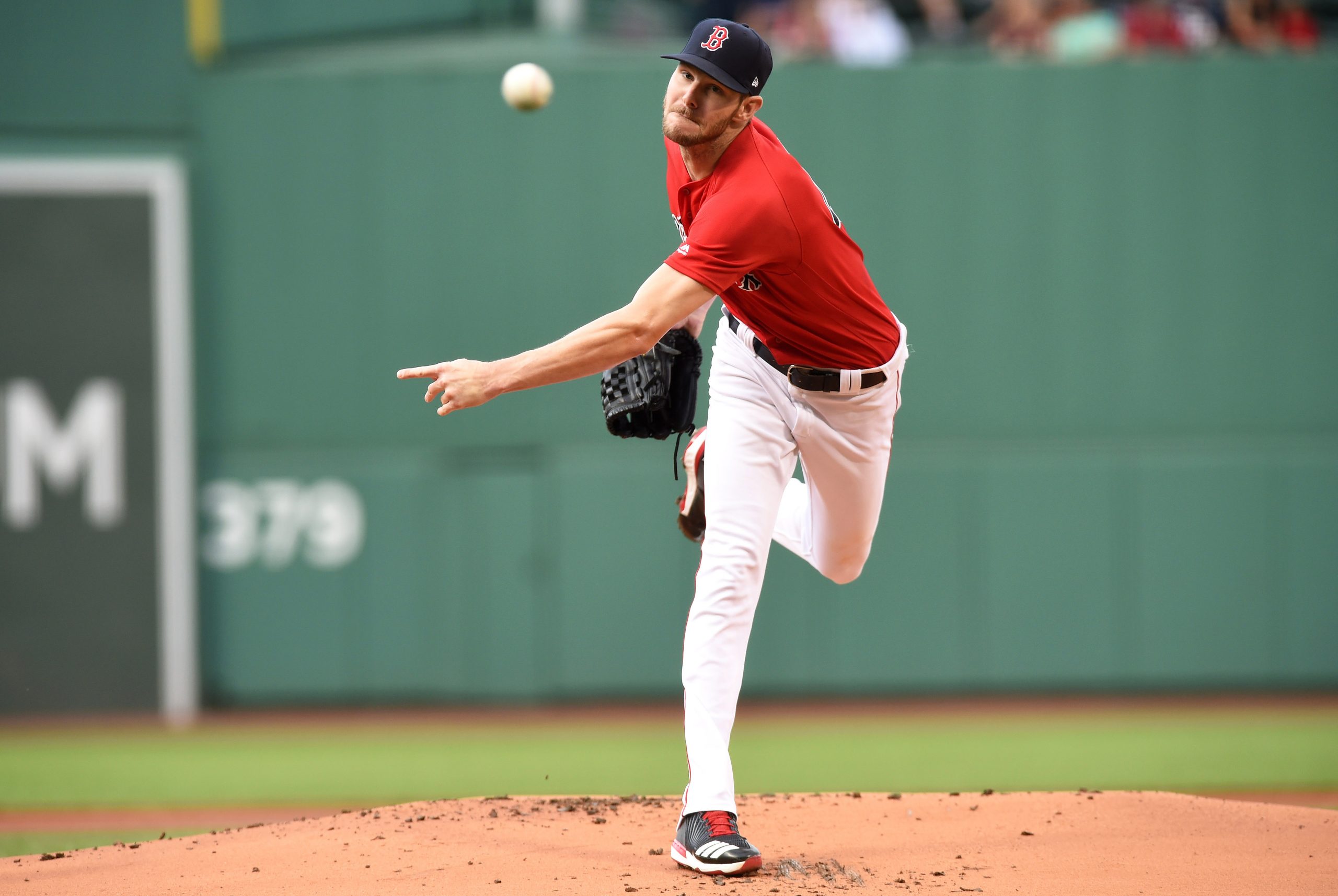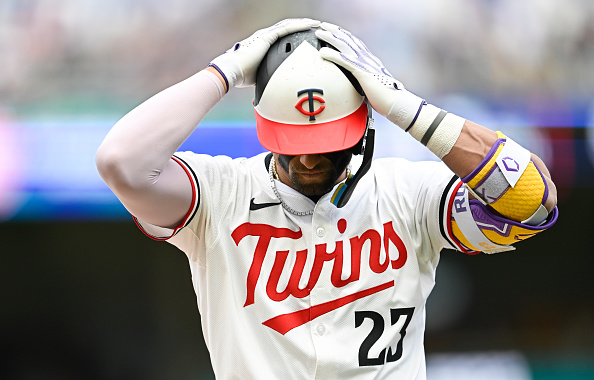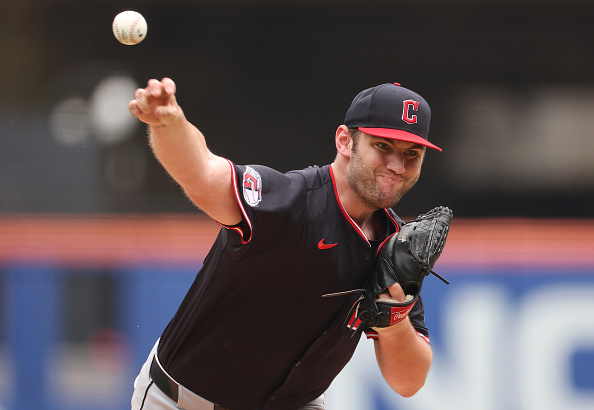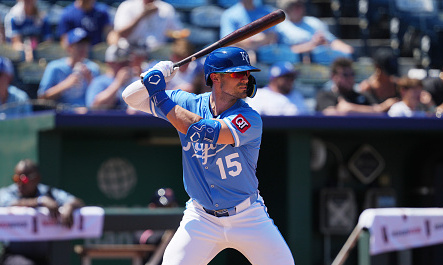Since their inception in 1901, the Boston Red Sox have been home to some of the best single-season performances the baseball world has ever seen.
Cy Young posted a 1.26 ERA across 299 innings in 1908. Roger Clemens posting a 1.93 ERA across 228.1 innings in 1990. And, of course, you can’t talk about dominance on the mound without mentioning Pedro Martinez’s reign of terror in 1999 and 2000.
However, that’s all the love those three will get in this ranking, as FanGraphs only goes back to 2002 in their splits leaderboards. Nevertheless, since 2002, the Red Sox have still churned out some phenomenal seasons both from a team standpoint and a personal level.
Here we will be taking a look and revisiting the top 10 single-season ERA leaders for the Red Sox since the 2002 season (min. 75 innings pitched).
10. Alfredo Aceves – 2011 – 2.61
I bet you weren’t expecting to see Alfredo Aceves’s name appear on this list. Truthfully, I wasn’t either.
When you think of Alfredo Aceves’s career with the Red Sox, his spat with Dustin Pedroia in the dugout seems to come to mind first. However, the then-28-year-old reliever was one of the better pitchers––from a results standpoint—on a forgettable 2011 Red Sox team.
His peripheral numbers were pretty damning, as he posted a FIP of 4.03 and an xFIP of 4.77. Not to mention his less-than-impressive 16.9 percent strikeout rate in 114 innings. But at the end of the day, he did a very good job of preventing runs, which is the ultimate goal for a reliever.
9. Derek Lowe – 2002 – 2.58
Derek Lowe might be one of the most glaring examples of “if I spend enough time in the league, I’m going to have a couple of dominant seasons.”
Look no further than 2002, when he was named to his only All-Star Game as a starting pitcher, and even placed third in American League Cy Young voting (the only time he registered votes). However, Lowe was certainly deserving of his recognition. His peripheral numbers indicated he was dominant.
All of this with a strikeout rate of 14.9 percent. Boy, have times changed or what?
8. Jon Lester – 2014 – 2.52
This one is interesting because Lester was traded mid-season to the Oakland Athletics. However, he pitched 152 innings for the 2014 Red Sox, so he meets the criteria for qualification.
Lester was one of the lone bright spots on an otherwise forgettable World Series-winning “defense” until he was shipped out at the July 31 deadline.
The southpaw also posted a 25.7 percent strikeout rate along with a 2.62 FIP before the trade.
At least Cespedes netted the Red Sox Rick Porcello, right?
7. Clay Buchholz – 2010 – 2.33
Wow, what a weird career Buchholz had. A little bit of foreshadowing, but this isn’t the only time he appears on this list.
Ah, 2010.
Buchholz was stellar, winning a career-high 17 games on top of the already impressive earned run average.
It wasn’t his only great season, but it’s always nice to revisit a time when the baseball world saw superstardom in Clay Buchholz.
6. Pedro Martinez – 2002 – 2.26
Pedro Martinez in 2002 is probably one of the most underrated seasons of his entire career.
Could that be because the Red Sox failed to make the playoffs, albeit with a record of 93-69? How does a man leading the league in ERA, FIP, ERA+, strikeouts, and WHIP not win the Cy Young Award?
Martinez was nothing short of spectacular in 2002, and it’s no wonder that it gets recognized as one of the top six ERA seasons in recent Red Sox history.
But somehow, five finished better. Who are they?
5. Mike Timlin – 2005 – 2.24
This is one of the wonky ones, as Timlin just barely cracks qualification at 80.1 innings pitched.
Timlin pitched in the majors for 18 seasons, and this was one of just three seasons where Timlin finished with an ERA below three. Not only that, but he also posted his second-best FIP, the fourth-most innings of his career, and a career-high 81 appearances.
He was ‘ole reliable’ for the Red Sox in a season that saw Keith Foulke struggle with durability and performance, and he stepped up in a big way.
4. Pedro Martinez – 2003 – 2.22
When you think of Pedro Martinez and 2003, surely you think of Grady Little’s reluctance to pull him in Game 7 of the ALCS. A game the Red Sox had all but in the bag, and a date with the Florida Marlins in the World Series.
But to remember Martinez for that game and not the reign of dominance leading up to it would be a disservice.
He only made 29 starts, but that 2.22 ERA was Martinez’ fourth-best in his Hall of Fame career, fourth-best ERA+, and sixth-best FIP. He was on another planet, and it’s only fitting that his 2003 season gets recognized as one of the better ones in recent memory.
3. Keith Foulke – 2004 – 2.17
The Red Sox abandoned the bullpen-by-committee philosophy after the 2003 season by acquiring right-handed closer Keith Foulke.
The rest was history. Literally.
Foulke was 31 in 2004 but posted the second-best ERA of his career, mixed with a 3.16 FIP and an ERA+ of 223 (123 runs above league-average).
While the rest of his Red Sox career was rather pedestrian thanks in large part to injury, he delivered on the Red Sox’ investment by closing out the team’s first World Series title in 86 years.
2. Chris Sale – 2018 – 2.11
One of the very few unknowns from the 2018 season is just how other-worldly would Chris Sale’s numbers have looked had he not gotten hurt.
But boy was he phenomenal in 2018 or what?
A 1.98 FIP, a 209 ERA+, along with his career-best 2.11 ERA. It’s a shame we only got to witness it for 158 innings plus the postseason. We could be talking about one of the most dominant seasons in the modern era.
1. Clay Buchholz – 2013 – 1.74
Much like the 2018 season for Chris Sale, the 2013 season for Clay Buchholz will go down as one of the greatest unknowns in recent memory. Not just for that season, but also for the remainder of his career.
Had he not had that neck injury in 2013, would he have blossomed into that Ace-caliber pitcher that his potential oozed?
His career-high in innings after that season was 170.1, but it’s always fun to reminisce about what could’ve been. His season was nothing short of brilliant and, like Sale, it’s a shame it was only an abbreviated version (108.1 innings).







